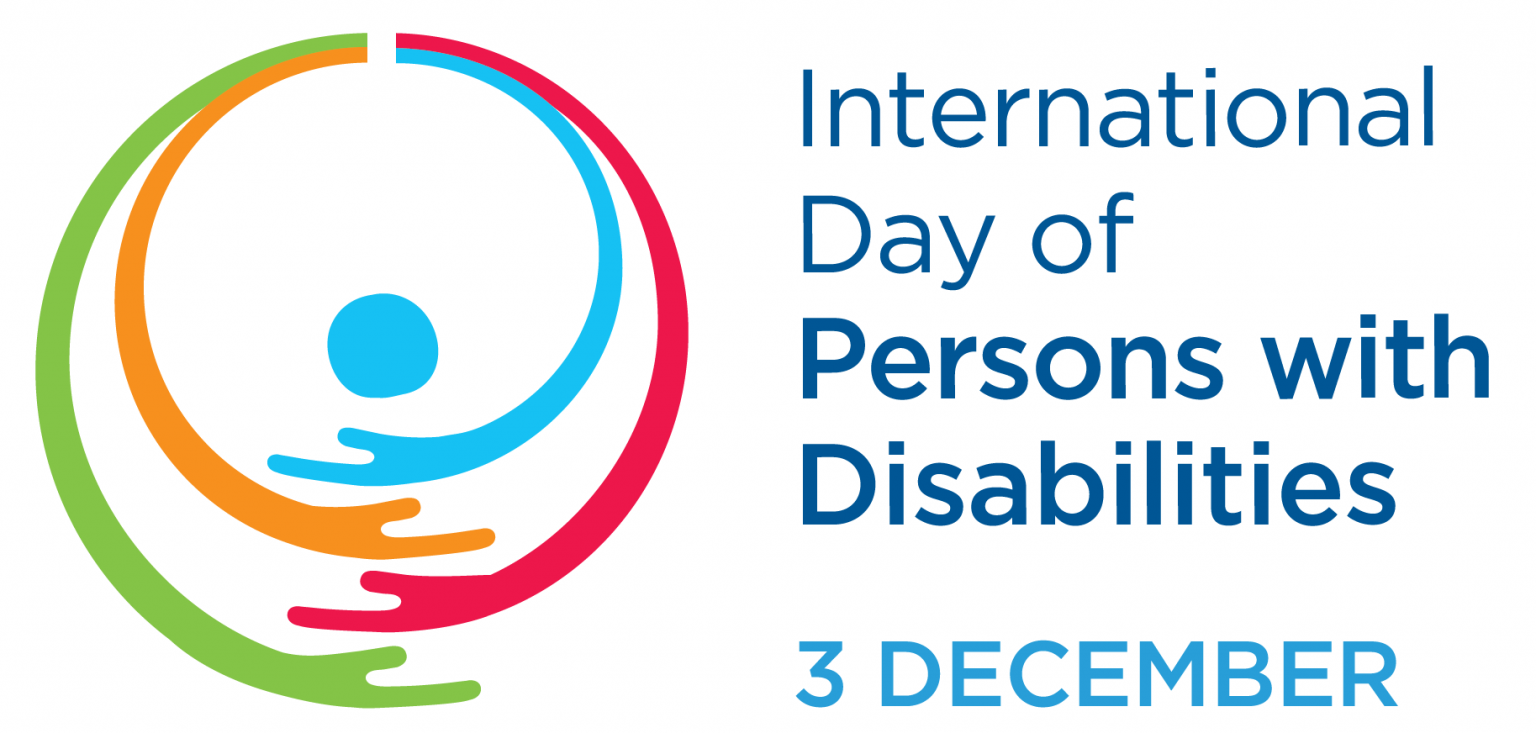Features
Mfonobong Inyang: Celebrating the International Day of Persons With Disabilities

There is always this big talk about inclusion. It’s like one of those buzz words that many – individuals, corporate organizations, governments – throw around just to sound cool. Inclusion, just like many themes, has become more pronounced in a world that is increasingly conscious and wary of marginalization, discrimination, and alienation. However, talk is cheap, and the devil really is in the details.
Every 3rd of December, since 1992, the United Nations observes the International Day of Persons with Disabilities. The observance of the Day aims to promote an understanding of disability issues and mobilize support for the dignity, rights, and well-being of persons with disabilities (PWDs). It also seeks to increase awareness of gains to be derived from the integration of persons with disabilities in every aspect of political, social, economic and cultural life. This year’s theme is Building Back Better: toward a disability-inclusive, accessible and sustainable post COVID-19 world.
You can agree with me that we cannot have enough conversations about this particular demography. More importantly, urgent action is needed. Instead of writing an abstract piece on the subject, I chose to humanize it by sharing stories about a number of PWDs in my world, because for them, the struggle is real. The idea is to ensure we’re not living in a bubble that is numb to their challenges. Of course, these are shared with their express permission.
Dolapo Agbede, Productivity Expert and Inclusion Consultant
On a certain Wednesday last year, I received a phone call from a lady who excitedly told me that she had been listening to me talk on radio for over a year and the last topic I shared confirmed to her that I was the person for the job. A few days later, we scheduled an appointment. I was honestly shocked to find out that she was a visually-challenged person, I didn’t have a playbook for how to act but somehow I managed to comport myself and warm up to the idea of my very first PWD client.
I kid you not, what was supposed to be a 30-minute meeting went on for seven straight hours! I asked her to tell me her story from the very beginning and I just sat back and listened as she poured out her heart. She told me how after several years of misdiagnosis, she was eventually told she had advanced Glaucoma in August 2007 in Nigeria after which she went to the United Kingdom to have a cutting-edge procedure done in 2012 when she could afford it. Against all odds, she has chosen to embrace all opportunities with resilience, she talked about her personal and professional life, her 12-year experience in one of Nigeria’s biggest multinationals.
She then shared her dreams for the future, how she wanted to work with me in birthing a 13-book series about her passion for building healthy cultures in the workplace. On her advocacy for PWDs, she has engaged Jack Ma, a Chinese business magnate, on access for PWDs. She has shared her story with Chude Jideonwo on #WithChude, and on Rubbin’ Minds with Ebuka Obi-Uchendu. She’s done Glaucoma advocacies on Arise TV, Nairametrics’ Business Half Hour (BHH) and many other media too numerous to mention.
Anthony Kupe
‘Positive’ is one word that defines Kupe who is a cerebral palsy warrior. Ever since I have known Kupe from church where we both serve in the media department, he has been nothing short of inspirational. Despite his congenital condition, he is a graduate who is unbelievably skilled in graphic designing and is a social media influencer. He knows almost everybody that is anybody; a quick peek at his Instagram and you will find snaps of him with personalities like Dangote, Femi Otedola, Tony Elumelu, Annie Idibia, Tope Alabi, Warri Pikin, 2Baba, Davido, Mr. P, to mention a few.
He set up the Anthony Kupe Foundation to do more in the disability space. He has been strongly supported by superstars like Ayo Animashaun (owner of Hip TV), DJ Cuppy and popular comedian Ayo ‘AY’ Makun who gifted him a car. However, Kupe has faced his own fair share of travails. Weeks ago, he put up on Facebook how he had been robbed of his two mobile phones, rendering him temporarily unable to get work done. It makes you wonder where did our humanity go?
Trust Shawn Inonse
I met Trust sometime last year while on client duties at Lagos Talks 91.3 FM. He is visually-impaired but listening to his brilliant submissions on radio, you would never know except it is mentioned or you know him personally. We usually engaged in some banter whenever we met but also to share some of his struggles. On his professional life, he is fortunate to work for an organization (Megalectrics) that is big on inclusion, so he is not the first PWD there.
On his personal life, he is also blessed with a very supportive mother and friends who rally around him. However, he too has his own tales to tell. He once shared a story of how he was cheated while using public transport because he couldn’t tell one naira note from another. Another time, he shared how he was also robbed on his phone while waiting for a bus. This makes you wonder how low some people can go.
Ruth Obadiah
Five years ago, during my NYSC year, I was assigned to a public school to teach. I met this young lady who lost the use of her legs to polio. She had to literally contort and really put in the effort to get on or off her wheelchair. At some point, I had to commit to wheeling her home so she could continue attending classes because, for her, some days were tougher than others. I still speak with her and she has dreams of getting a degree like her friends one day.
E Pluribus Unum
After last month’s election in America, political pundits were falling over themselves in identifying the major causality of the Biden victory. Many of them did come to the consensus that his superpower was an ability to show empathy. Jake Tapper took a cue from Steven Spohn and pointed out the fact that in his first speech as president-elect, Joe Biden was thoughtful enough to mention the PWD Community. Technically, he hadn’t even done anything yet in his presidency for them but the intentionality to acknowledge PWDs sent activists into a frenzy; a sign of better days ahead. Where critics disagreed with his politics, they gave him full marks for his character. Where they differed with him on policy, they gave him the nod on his humanity.
What Can You Do?
Remember I said I didn’t have a playbook for PWDs? Last year, I was handed a well-written and summarized book by Lagos State Office for Disability Affairs (LASODA) titled, “Lagos State Special People’s Law,” which is your plug for navigating relationships and corporate requirements for PWDs. I also know that on January 23rd, 2019, President Muhammadu Buhari signed into law the Discrimination Against Persons with Disabilities (Prohibition) Act, 2018.
In Nigeria, we need to go beyond political rhetoric and handouts to PWDs. We need more specific legislation especially in states to domesticate and implement laws that guarantee their inclusion in the country’s architecture – thanks to an organization like Project Enable Africa. The good news is that we don’t all have to be presidents to be empathetic. We can just decide, starting today, to consciously show PWDs love and support them however we can. Whenever we engage PWDs, remember these three words: respect, empower, include.
***

















